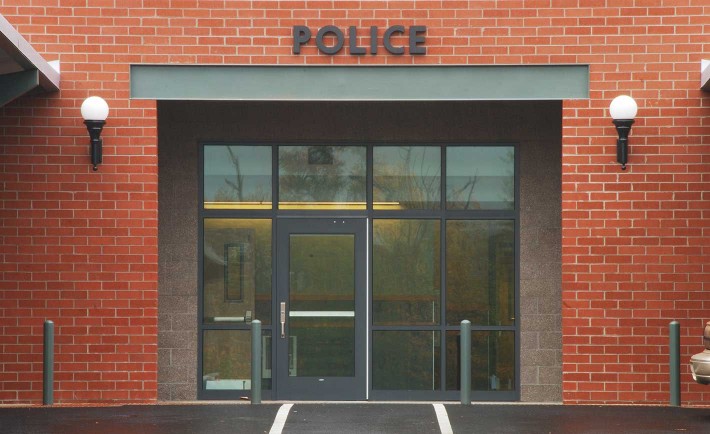A deaf woman waited at a Detroit bus stop one day in 2006. Eugene Wilkes drove up, pretending to be an undercover police officer. He offered her a ride, then raped her.
The woman did what we want all rape victims to do. She promptly went to the police and the hospital and endured the lengthy, intrusive gynecological exam designed to obtain DNA and other evidence of her assault.
Appallingly, six years passed, and the rape kit was not processed due to lack of funds. It sat on a shelf, alongside more than 11,000 others. Eleven thousand other packets of critical forensic evidence that could put some of the most violent criminals in America behind bars. Just entirely ignored.
Wilkes, like most rapists, was a repeat offender. Once his victim’s rape kit was tested, he was quickly linked to three other sexual assaults. With the physical evidence obtained from the rape kit, Wilkes was convicted and is now serving a sentence of 8-30 years.
It gets worse.
Shelly Andre Brooks is now serving a life sentence for raping and murdering seven women. Authorities believe that those women’s lives could have been saved if the rape kit from an earlier assault had been tested. Instead, it just sat on a shelf.
Wayne County Prosecutor Kym Worthy, a sexual assault victim herself, has spearheaded efforts to process the rape kits, which the city says will cost millions of dollars. The Michigan Woman’s Foundation is leading the fundraising effort, called Enough SAID (Sexual Assault in Detroit). Actress Mariska Hargitay, who plays a sex crimes sergeant on Law & Order: Special Victim’s Unit, supports the cause, saying, “Now, one would assume that if somebody endures a four- to six-hour invasive exam, that evidence would be handled with care and immediately tested. And when they are handled that way, and when they are tested, rape kit evidence is probably the most powerful crime-solving tool that we have.”
Bravo to them for this worthy effort. But really, Michigan? It takes private fundraising by women’s groups to send evidence of rape to your crime labs? What funding priorities have you placed over convicting rapists?
It gets worse.
Two hundred rape kits were recently discovered in Memphis, Tennessee, adding to the city’s known backlog of 12,000. Nationwide an astonishing 400,000 rape kits collect dust in police evidence warehouses. At a cost of $500 to $1500 each, processing DNA, bodily fluids, hairs and fibers which are the strongest pieces of evidence against rapists is not considered a priority.
Women’s lives are not worth a grand, apparently. Want to lock up rapists? Hey, have a bake sale!
Meanwhile, local police forces are larded up with billions of dollars of military weaponry, as we saw in Ferguson when police sat in tanks and pointed loaded weapons at peaceful protestors.
For that, money is found.
We incarcerate more of our own people than any country on earth or in human history. The majority of federal inmates are in for drug crimes. Drug of choice? Marijuana. Sixty percent of prison inmates serve time for nonviolent crimes. In California, we pay $50,000 per year per inmate to house them.
For that, money is found.
We arrest and prosecute over 60,000 women a year for the consensual crime of prostitution, though many of them live sad lives of addiction and violence at the hands of their pimps.
For that, money is found.
Ninety-seven percent of rapists are never incarcerated, and now we know another major reason why: the indifference of authorities. So often, it’s women who are blamed for not reporting at all or not quickly enough, or not preserving evidence. But when they do, they are met with a criminal justice system unwilling to investigate this most intimate of crimes.
We have the money. We just choose not to spend it on protecting women.
Photo: Shutterstock.com


